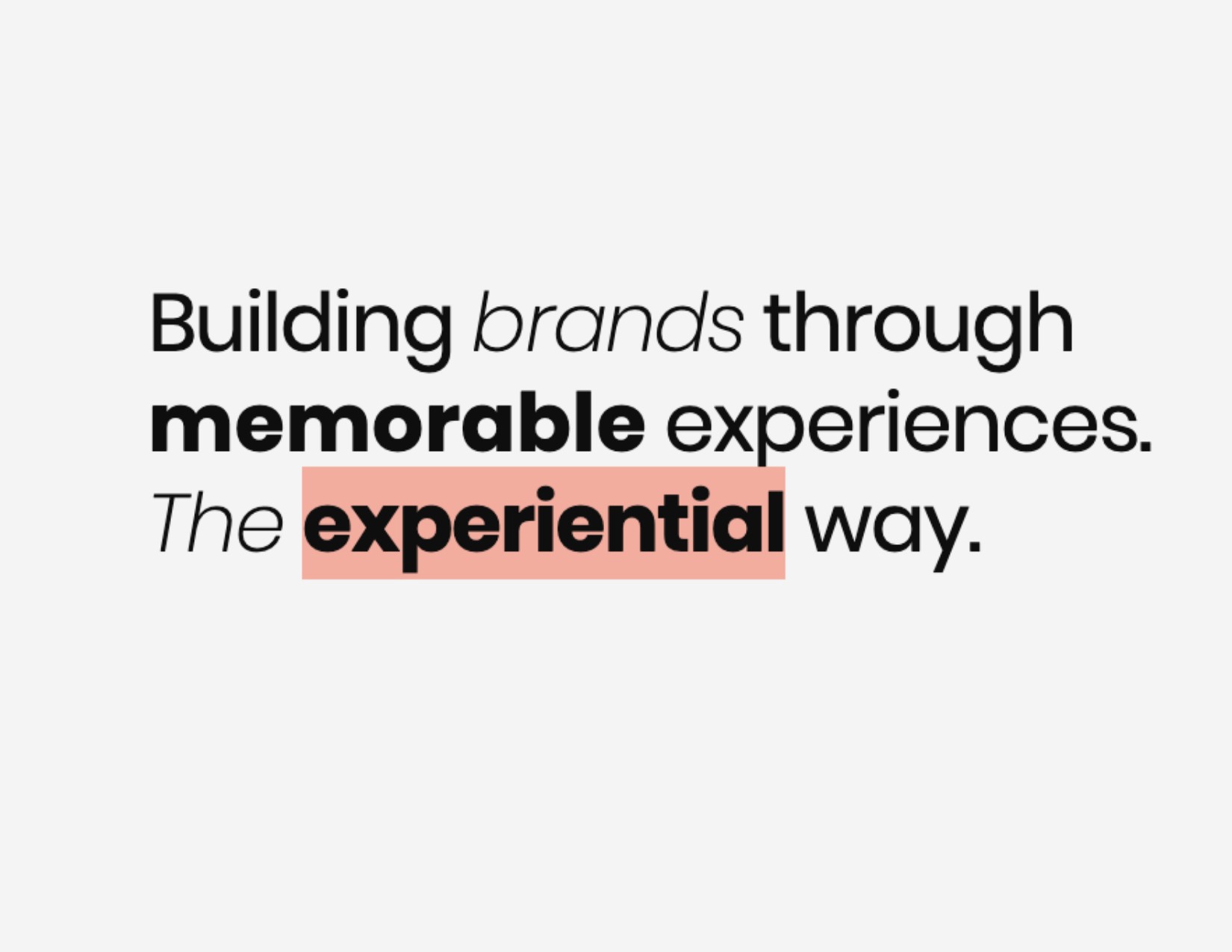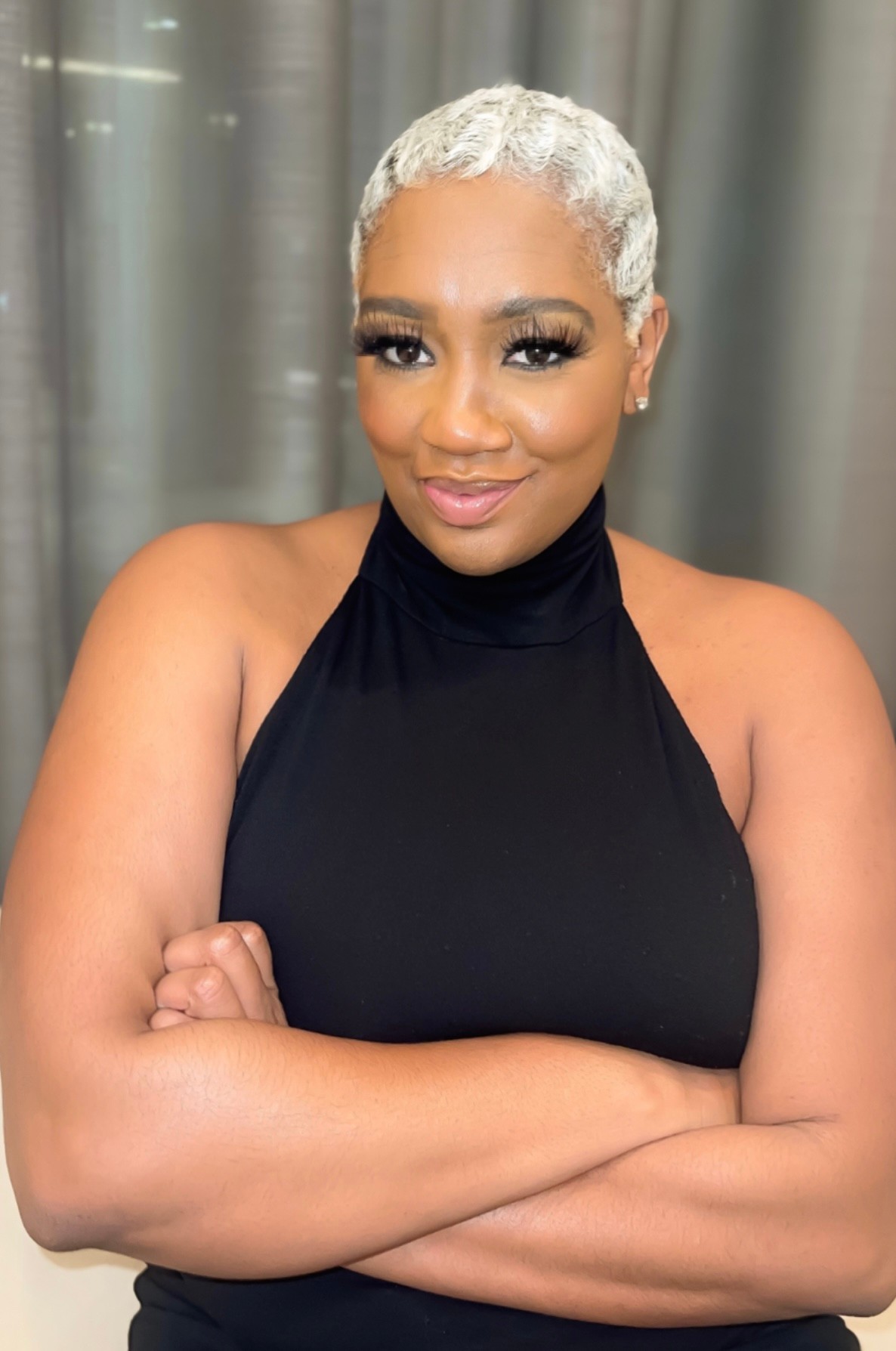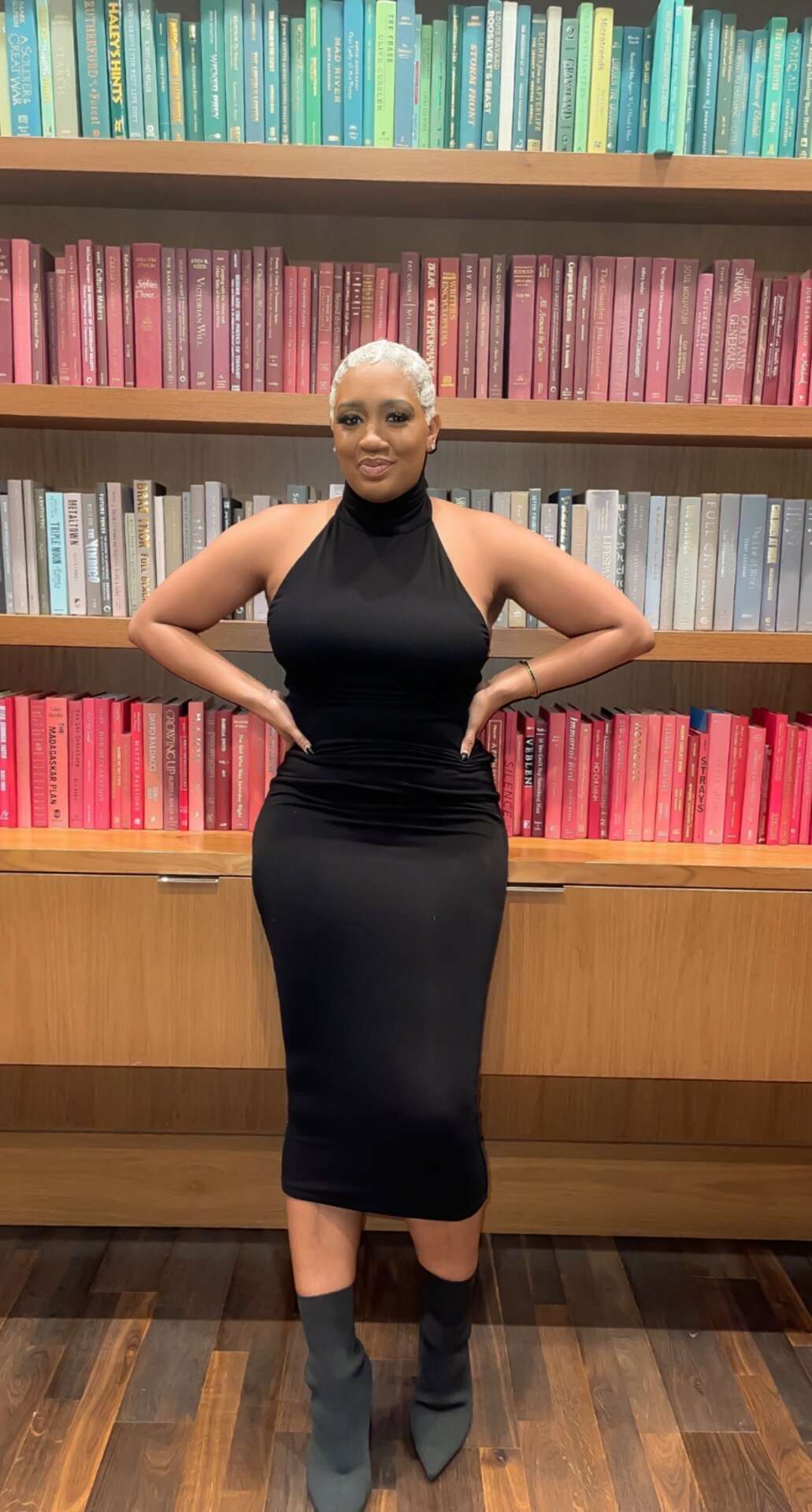Alright – so today we’ve got the honor of introducing you to Teju Aluko. We think you’ll enjoy our conversation, we’ve shared it below.
Teju, thanks for taking the time to share your stories with us today Being a business owner can be really hard sometimes. It’s rewarding, but most business owners we’ve spoken sometimes think about what it would have been like to have had a regular job instead. Have you ever wondered that yourself? Maybe you can talk to us about a time when you felt this way?
I have much more joy as a business owner and I believe that’s a greater state of mind. I’m really big on emotions and feelings in all aspects: home, business, life, all of it; and, although joy does feel better when I’m happy, joy can also share space with other emotions I feel like sadness, fear, anger and unhappiness. Happiness can’t. And in my experience that’s an important concept to understand as a business owner, because sometimes happiness is rooted in circumstance. Some of those circumstances can lead to wondering what it would be like to have a regular job – something that yes, I’ve contemplated before.
The very few times I’ve felt like returning to a regular job was because activating my boundaries was extremely tough for me. It required so much interpersonal work that was long overdue. Business ownership causes you to confront all of your short-comings. Poor personal habits will bleed into your business so it requires a lot of shadow work, accountability, therapy, empathy, and everything else — because business is personal despite the countless times we’ve been told it’s not – it is. The comforting part about regular jobs, to me, is that you can decide if and when you want to continue to grow personally in that realm or not when it pertains to the work – that’s not the case as a business owner. And while I had been able to do some of these things here and there in years past, I would typically retreat back to the old habits because, what they don’t tell you is when you begin to activate the boundaries you set, that won’t go over too well with those who benefited from the lack thereof. I was making all the necessary decisions but that didn’t always feel happy, thus, making me want to return to a regular job to avoid all of it.


As always, we appreciate you sharing your insights and we’ve got a few more questions for you, but before we get to all of that can you take a minute to introduce yourself and give our readers some of your back background and context?
I’m an intuitive empath from Milwaukee, Wisconsin who started Branperience in 2018 in a coffee shop in Downtown Milwaukee with my two daughters, who were barely teenagers at the time, after signing our first client in a meeting from a referral.
I spent the better half of my career in the Branding and Marketing space in various industries and leading organizations from corporate retail to professional sports; and, in 2018 I decided I was going to apply my thought leadership and approach that I developed through those professional & personal experiences I’ve experienced along the way. The goal was to influence and impact the industry by building brand experiences that were fueled by feelings and emotions, not just campaigns and trends, that could run alongside and pass the “big guys”. I had been working on this approach for about 4 years, since I walked out of my corporate retail job of 7 years, with no plan, no job, no nothing – just thoughts, feelings, emotions, bills, and those two kids – betting on myself.
From that day in the coffee shop, I began partnering with small businesses to strategically sustain their experiences, despite dramatic budget and capacity differences, with an experiential strategy, unified end-to-end journeys, and experience touchpoint management – the experiential way. And that’s what we’ve done everyday since 2018 as a one-stop, all inclusive Firm and a team full of empaths committed to building, maintaining, and sustaining brands through memorable brand experiences.
Over the past four years we’ve developed a diverse portfolio supporting an array of industries, most notably in Sports & Entertainment, Nonprofits, and Social Impact Organizations across the country with our unique approach. Our Stakeholders aren’t scrambling to find several different agencies and firms to handle siloed areas of their businesses, with a bunch of different strategies + tactics, we’re all inclusive – handling their strategy, email, website, social media, activations + events, text messaging, and so much more. They get to focus on a Return on Experience for them and their Stakeholders while we handle the rest.
Everyday I’m most proud of the impact and return on experience we continuously provide while fostering great relationships throughout the process. It takes a lot of discipline because we have such an innovative and unique approach to marketing, branding, and business building – oftentimes it goes against the grain from what social media, society, or the industry tells us. So, it takes a lot of discipline to stay steadfast in our pursuit to champion strategy over tactics, two-way communication over sales pitches, and consistency over ‘prisoners of the moments’. We’re not positioned as a “quick fix” or siloed approach type of Firm and sometimes that can be challenging within our industry and with the market sophistication of those outside of our industry. Most importantly, when experiential marketing is mentioned it’s usually referenced in terms of events or activations and we’ve been able to prove that it’s a much more beneficial concept than that.


How did you put together the initial capital you needed to start your business?
I got started with about $65 in my bank account. I used about $25 for gas to pick my daughters up from school and make it to the meeting in order to sign our first Stakeholder at the coffee shop, which was free, that I used as an office space from time to time. I used about $3.50 to print a contract at the University I was attending at the time, obtaining my Sport Management degree, for about $0.10 a page. Spent around $10.00 at the coffee shop buying myself a coffee and a bagel for my daughters to split for a snack. And by the time the meeting started I had spent about $40 of the $65 I had to jump start my business – the initial capital.
At the time I had very little to no income. I was working an Internship at a large broadcast network, working part-time for a NBA team, and working an unpaid side gig as a Marketing & Operations Director for a women’s semi-professional basketball team – all places in which I was testing my approach.
I knew little about business capital but what I did know was that trying to get approved or funded for anything was going to be extremely tough for a business owner, especially a Black woman business owner, as we are the least funded group since forever – even though we open businesses the fastest.
So I was banking on closing that deal that day in the coffee shop to officially open Branperience. The proposal was for $1500 to manage three brands for 90 days. At the time I thought I did this grand cost analysis but it really broke down to $500 a brand at 90 days each which was about $17 a day or $2 a hour or sometimes less on the 16 hour work days – wild times but it worked. We closed the deal, signed our first Stakeholder, used $350 to obtain an LLC and register the business, another $100 to create a Stakeholder portal, $150 on addition operations systems to help manage the brands, and invested $300 into putting on our first live activation to land addition Stakeholders with the results we were going to achieve post the 90 days with case studies + testimonials. It worked.
Although it’s nearly 5 years later and we still haven’t received any funding or capital, despite our efforts, it’s still working.
What’s worked well for you in terms of a source for new clients?
Stakeholder referrals.
Our Stakeholders are absolutely the best source of new Stakeholders for our business. We have a 91% retention rate year over year and we still have our very first Stakeholder that we signed in 2018.
We got our start from a referral and we’re extremely big on return on experience & being proof of promise. We value those relationships and the impact & results we deliver is a direct reflection of that. Our approach is very unique but what’s even more unique is the approach we have to fostering Stakeholder loyalty. It’s very different from many agency/firm relationships. It’s about so much more than just the “work” when we’re partnering – and our Stakeholders can feel that.
Contact Info:
- Website: www.branperience.com
- Instagram: @branperience
- Linkedin: Teju Aluko
- Twitter: @MsAluko
- Other: Podcast: The Experiential Way with Teju Aluko
Image Credits
Madison S.


